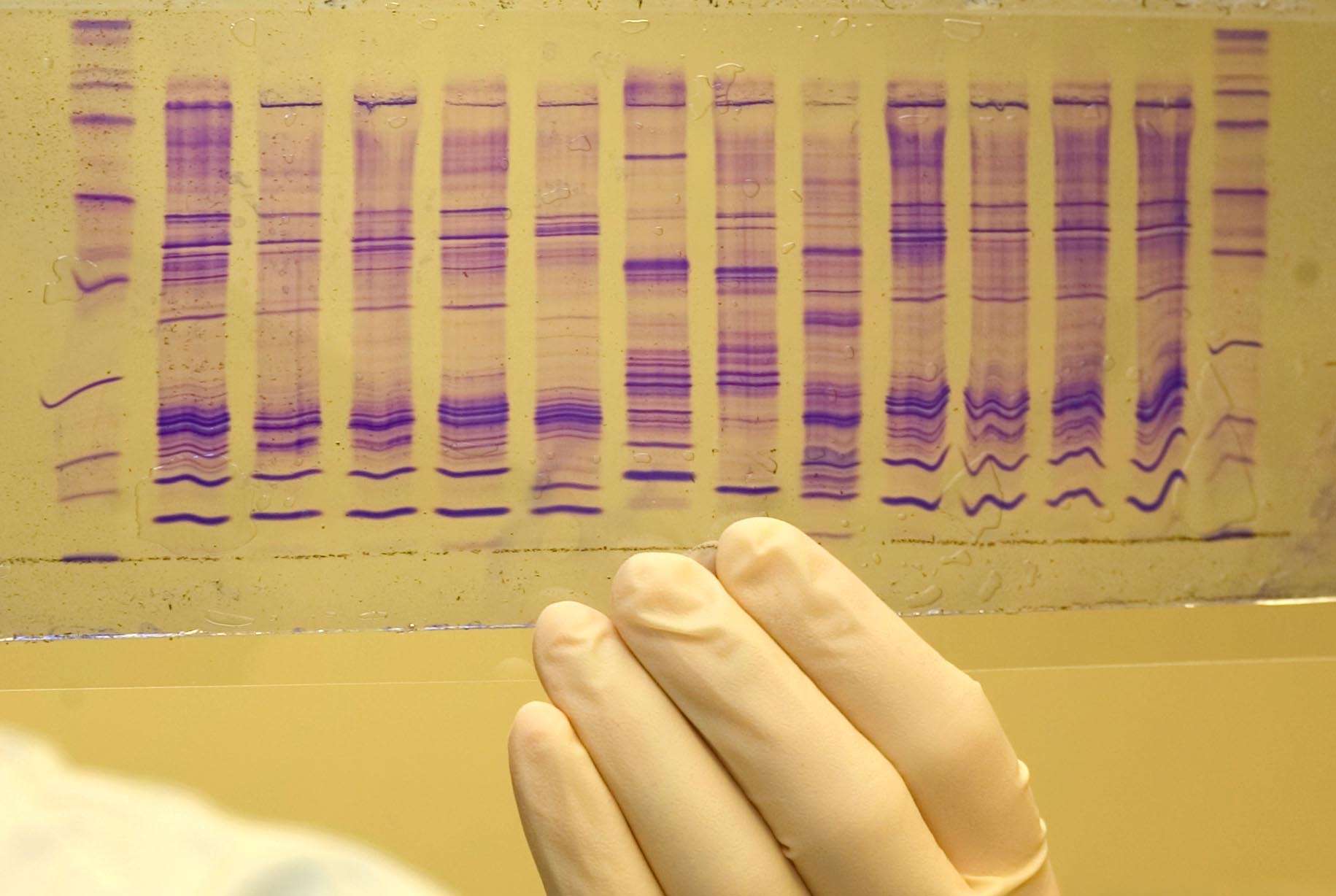A secret algorithm is transforming DNA evidence. This defendant could be the first to scrutinize it.
By Justin Jouvenal,
Boston Globe
| 07. 13. 2021
The Exxon clerk never got a good look at the assailants who robbed him at gunpoint in Fairfax County, so investigators hoped to bolster their case with the smallest of clues: the minuscule number of skin cells one perpetrator left behind when he grabbed the victim’s shirt.
Crime labs that have long pulled DNA from blood or semen have been pushing the frontiers of forensics by teasing genetic material from ever tinier and more challenging samples, such as sneaker sweat. But this time, the Virginia crime lab could not make a match because of a ubiquitous problem: DNA from too many people was on the shirt.
So authorities turned to advanced software that its creator promises will sort complex DNA mixtures much like a prism breaks down white light. The software doesn’t provide a direct “match” but assesses the probability that a suspect’s DNA is included in the sample. In the Fairfax case, police had a tip about one suspected robber’s name, and the software backed it up.
TrueAllele is reshaping DNA analysis, providing key evidence in thousands of homicides...
Related Articles
By Diaa Hadid and Shweta Desai, NPR | 01.29.2026
MUMBRA, India — The afternoon sun shines on the woman in a commuter-town café, highlighting her almond-shaped eyes and pale skin, a look often sought after by couples who need an egg to have a baby.
"I have good eggs,"...
By George Janes, BioNews | 01.12.2026
A heart attack patient has become the first person to be treated in a clinical trial of an experimental gene therapy, which aims to strengthen blood vessels after coronary bypass surgery.
Coronary artery bypass surgery is performed to treat...
By Staff, ScienceDaily | 01.05.2026
Scientists at UNSW Sydney have developed a new form of CRISPR technology that could make gene therapy safer while also resolving a decades-long debate about how genes are switched off. The research shows that small chemical markers attached to DNA
...
Following a long-standing CGS tradition, we present a selection of our favorite Biopolitical Times posts of the past year.
In 2025, we published up to four posts every month, written by 12 authors (staff, consultants and allies), some in collaboration and one simply credited to CGS.
These titles are presented in chronological order, except for three In Memoriam notices, which follow. Many more posts that are worth your time can be found in the archive. Scroll down and “VIEW...




